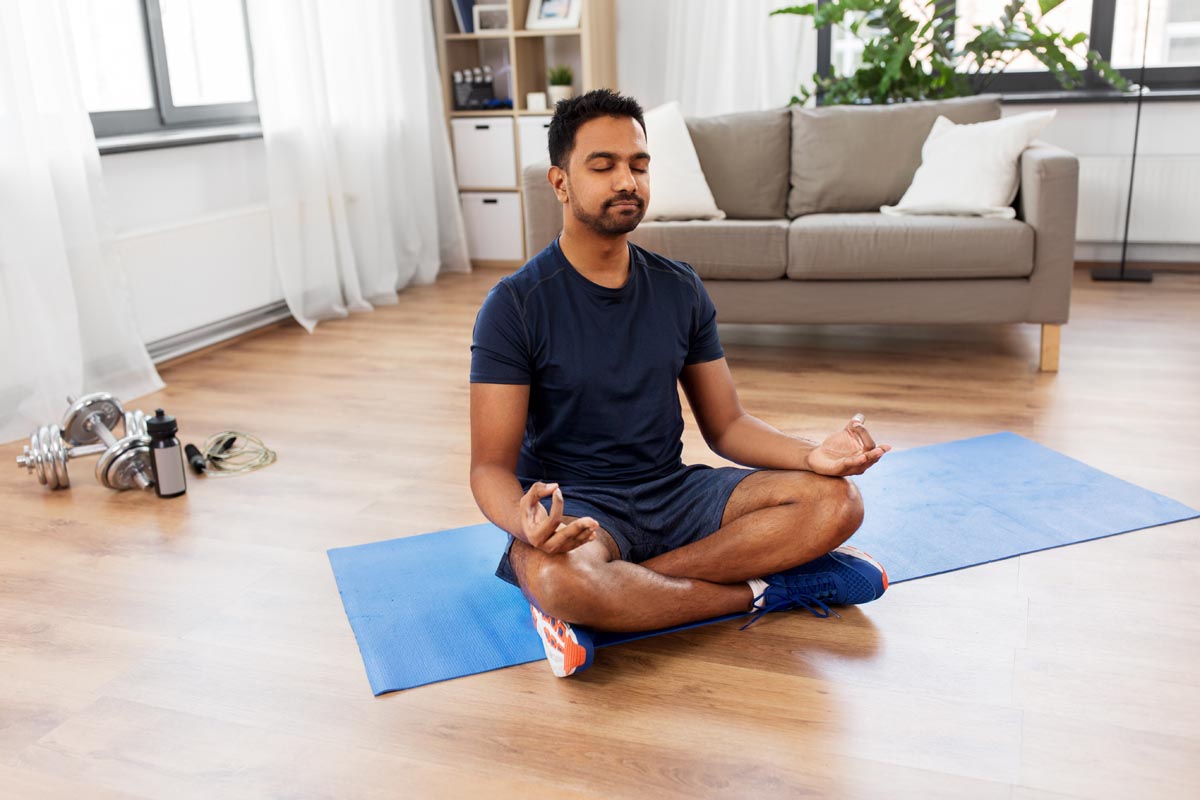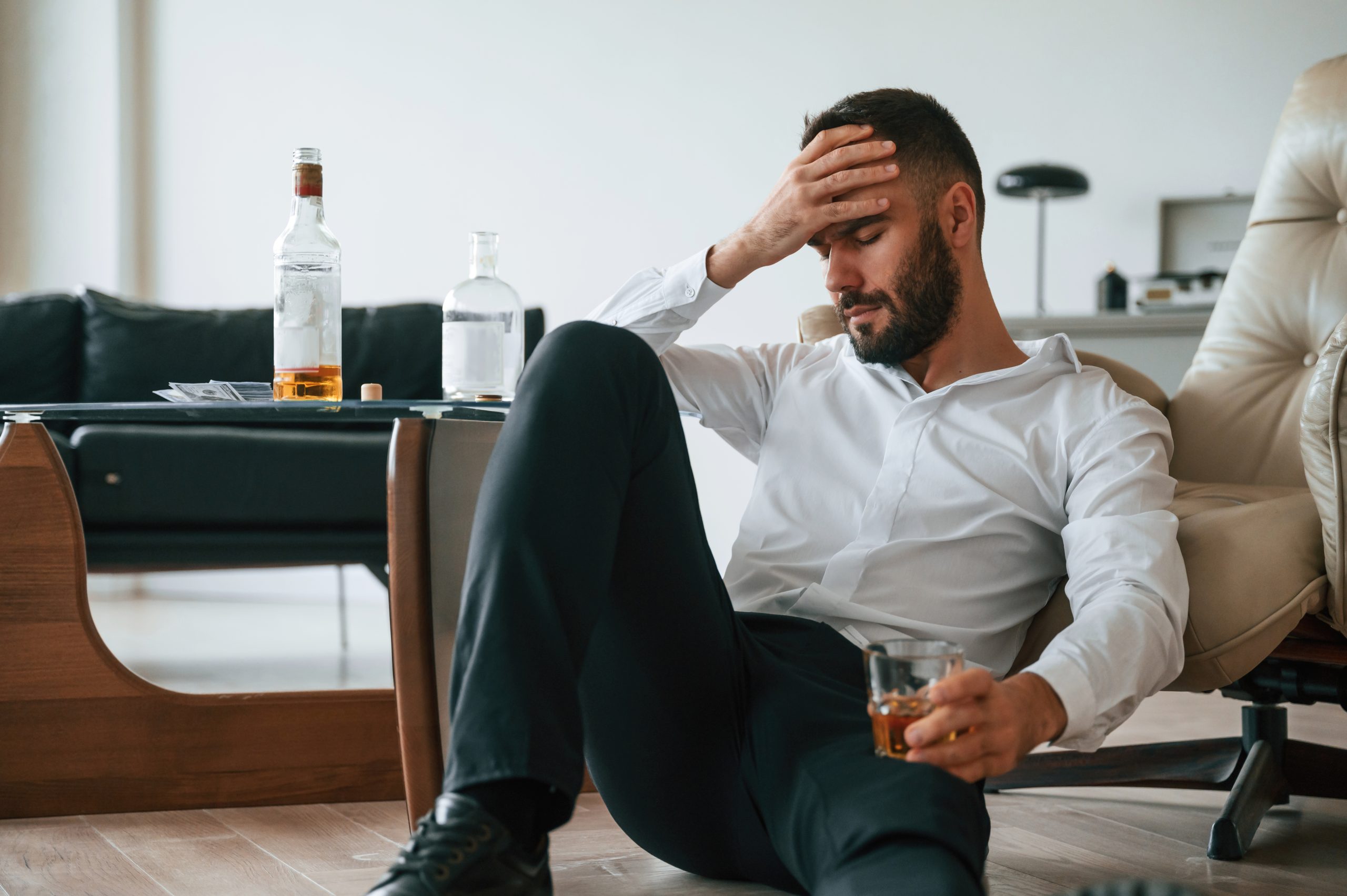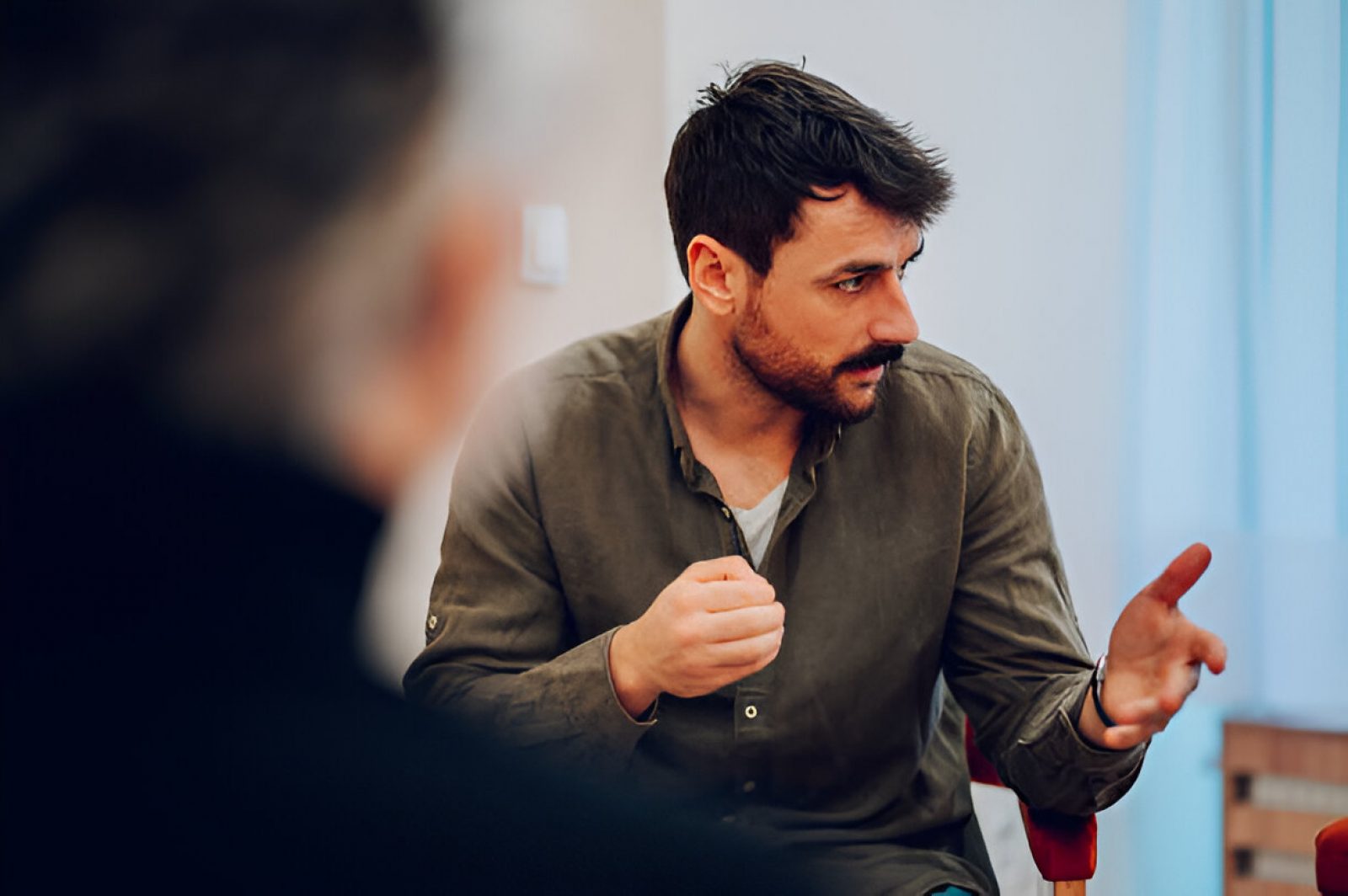There is no one-size-fits-all, cookie-cutter approach to addiction treatment. Each individual struggling with substance use disorder is unique, with their own set of circumstances, challenges, and needs. That’s why it’s so important to find a treatment program that takes a holistic approach to care, one that addresses the mind, body, and spirit.
Holistic therapy programs provide an approach to addiction treatment that views the individual as a whole person rather than just a sum of their parts. It takes into account the physical, mental, emotional, and spiritual aspects of health and well-being. This type of care is often used in conjunction with traditional approaches like medication-assisted treatment and behavioral therapy.
At Recovery Bay Center, we provide a broad range of holistic as well as more traditional approaches to addiction treatment aimed exclusively at men. If you or someone you know is battling substance use disorder, reach out to our expert team today at 833.991.2955.
What Is Holistic Addiction Treatment?
Traditional addiction treatment programs typically focus on the physical aspects of addiction and recovery. This may include detoxification and withdrawal management, followed by evidence-based therapies like behavioral therapy and medication-assisted treatment. While these approaches are essential to recovery, they don’t always address the whole person.
Holistic addiction treatment takes a more comprehensive approach. In addition to addressing the physical aspects of addiction, holistic care focuses on the mind, body, and spirit. This type of treatment recognizes that addiction is a complex disease that affects every aspect of a person’s life. By taking a holistic approach, treatment programs can provide more comprehensive care that leads to better long-term outcomes.
Some examples of the holistic approaches we offer at Recovery Bay Center include:
- Adventure therapy: This type of therapy uses outdoor activities like hiking, kayaking, and rock climbing to help men reconnect with nature and build positive coping skills.
- Art therapy and music therapy: Art therapy and music therapy are types of expressive therapy that use art and music to explore emotions, reduce stress, and promote self-awareness.
- Equine therapy: Equine therapy involves working with horses to help individuals struggling with substance use disorder develop trust, confidence, and responsibility.
- Meditation and mindfulness: Meditation and mindfulness techniques can help men in recovery learn to focus on the present moment and connect with their inner thoughts and feelings.
Benefits of Alternative Therapy Options
The benefits of holistic therapy are many, especially when combined with more traditional approaches to addiction treatment. These benefits include but are not limited to:
- Improved physical health: When you’re struggling with addiction, your physical health often suffers. Holistic approaches to treatment can help improve your overall physical health and well-being.
- Improved mental health: Addiction can take a toll on your mental health, causing or exacerbating conditions like anxiety and depression. Holistic therapies can help address these underlying mental health issues, leading to better long-term outcomes.
- Improved emotional health: Addiction can cause strong emotions like anger, fear, and shame. Holistic therapies can help you process and understand these emotions in a healthy way.
- Improved spiritual health: For many people struggling with addiction, their sense of spirituality has been lost. Holistic therapies can help you reconnect with your spirituality and find a sense of peace and purpose.
- Improved overall well-being: When you holistic therapies to addiction treatment, you’ll likely experience improved physical, mental, emotional, and spiritual health. This can lead to a more positive outlook on life and improved overall well-being.
Get Help with Recovery Bay Center
At Recovery Bay Center, we are dedicated to providing a comprehensive and compassionate approach to addiction treatment. We understand that addiction is a complex and deeply personal struggle, and we are here to support you or your loved one on the path to recovery.
Our treatment approach combines both traditional and holistic therapies to address the multifaceted nature of addiction. Traditional therapies, such as cognitive-behavioral therapy and individual counseling, are essential for understanding the underlying causes of addiction and developing effective coping strategies. These evidence-based therapies help individuals gain insight into their behavior patterns and provide them with the tools to make lasting changes.
In addition to traditional therapies, we believe in the power of holistic approaches to healing. Holistic therapies focus on treating the whole person—mind, body, and spirit. These therapies may include yoga, meditation, art therapy, and mindfulness practices. By integrating these holistic techniques into our treatment programs, we aim to promote physical and emotional well-being, reduce stress, and enhance overall quality of life.
We understand that taking the first step towards seeking help for addiction can be daunting. However, we want to emphasize that you don’t have to face this journey alone. Our team of experienced and compassionate professionals is here to guide and support you every step of the way. We provide a safe and nurturing environment where individuals can heal, grow, and regain control of their lives.
If you or someone you love is struggling with addiction, please don’t hesitate to reach out to us. Recovery is possible, and we are committed to helping you achieve a brighter, healthier future. Contact us today to begin your journey towards lasting recovery and a life free from the grip of addiction.
Learn More About Holistic Addiction Treatment at Recovery Bay Center
If you’re interested in learning more about our holistic approach to addiction treatment, we invite you to contact us today at 833.991.2955. Our goal at Recovery Bay is to help men overcome addiction and achieve long-term sobriety. We would be happy to answer any questions you have and help you get started on the path to recovery.






